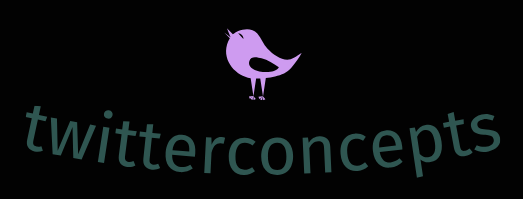Is Forex Right For You? What are the Advantages of the Foreign Exchange Market?
Forex is the shortened form of foreign exchange. Forex trading is a specific kind of investment trading which focuses on the exchange of foreign currencies and using them as the market’s asset class. The exchange of different currencies is by no means a recent phenomenon, it’s been part of the global economy for as long as there’s been a global economy. Historically, businesses have utilized foreign exchanges in order to conduct business internationally. However, in the modern day, Forex trading allows traders to turn a profit from the natural fluctuations in value between two or more currencies. The fluctuations can be used by traders, as they hope to buy in when a currency is strengthening, or sell when a currency weakens against its counterpart.
![]()
The stock and futures markets require a significant amount of nuanced knowledge. From an understanding of a company’s management quality and its financial status to the market they’re working in, and even specialized industry knowledge. All of this information is required to make an informed decision before you can invest properly. In addition, those markets are often quite closed, offering little to those who aren’t insiders. They require significant investment into learning the microeconomic aspects of the market. Forex trading, on the other hand, takes place in a solely macroeconomic market. This may make it easier for some traders to focus on the market, as its aspects are more over-arching, and a more high-level view of the market is required, in the absence of the corporate world’s various nuances. trade111.com
Prior to the widespread usage of the internet, the exchange of foreign currencies was limited to banks trading with other banks on behalf of their clients. However, over time, banks began to create their own proprietary desks for trading their own assets with other banks, then, afterward, corporate entities began to trade as well, followed by hedge funds, and, eventually, individuals with a high enough net worth. But, at this time, forex trading was still a highly exclusive endeavor. This exclusivity was shattered with the advent of the internet, with the emergence of a retail market serving individual traders. The new market provided access to forex trading to those who weren’t fantastically wealthy and allowed the average person to enter the market via the banks or a secondary, broker-managed market.
As far as the volume of trades, and the liquidity of the market, forex trading is the global leader, boasting the largest market in the world. The massive market and immense infrastructure behind it allow trades to be entered or exited in less than a second with any major currency, and allow traders a massive amount of freedom when it comes to how they want to make their trades. Another upside to trading on the forex market is that, as a global market, it’s opened 24 hours per day. The market opens up each day in Sydney, Australia, and closes in New York, at the same time it opens up again in Sydney. The markets open and close in sequence around the world, allowing different pairs to be traded at different times of the day.
One tool that has emerged due to this immense liquidity is the option for leverage. Leverage can be a powerful tool for the advanced trader, but for the novice, it can be devastating, quickly wiping away their account, and leaving their wallet filled with nothing but cobwebs. Banks and brokers will often offer leverage to traders, allowing them to control larger positions than they would normally be able to afford. For example, 50:1 leverage would allow you to control $50,000 in currency with only $1,000 deposited. While you would reap all the benefits of successful trades, losses could quickly dry up your funds, and even leave you owing money. One of the most important aspects of forex trading is to keep yourself in check and to control your emotional state to prevent yourself from making costly mistakes on an impulse.
